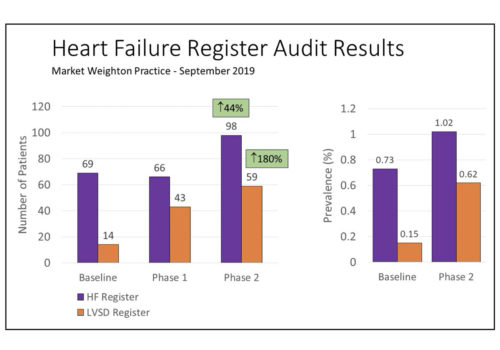 People living in deprived areas are around three times more likely to die from a stroke than those in the least deprived, according to a report from the Stroke Association and the British Heart Foundation, which shows that death rates from stroke vary with social and economic conditions.
People living in deprived areas are around three times more likely to die from a stroke than those in the least deprived, according to a report from the Stroke Association and the British Heart Foundation, which shows that death rates from stroke vary with social and economic conditions.
The report, which is the first comprehensive collection of national statistics on the burden of stroke, confirms that the stroke mortality rate for men and women of working age (under 65) has fallen consistently since the late 1970s. However, it shows that the rate has fallen more quickly in adults of higher social classes, resulting in an increase in inequalities in stroke death rates. The data show that stroke mortality increases with deprivation for both men and women. For premature mortality, the rate in the most deprived 5% of the population in England and Wales is more than three and a half times higher for men, and over two and a half times higher for women, than for those in the least deprived sector.
The statistics also show that people from lower social economic backgrounds are more likely to have major risk factors of stroke, including cigarette smoking and obesity. Professor Peter Weissberg, Medical Director at the British Heart Foundation said: “The picture these data on stroke present strongly mirrors figures for heart disease, which is also much more common in deprived communities. Many of the risk factors for heart disease and stroke, such as smoking and high blood pressure, are the same and potentially modifiable. The statistics argue for a concerted effort to identify and modify risk factors, by lifestyle and drug interventions, in those communities with the highest risks.-























